The Top 10 Brain Foods for Studying and Exams
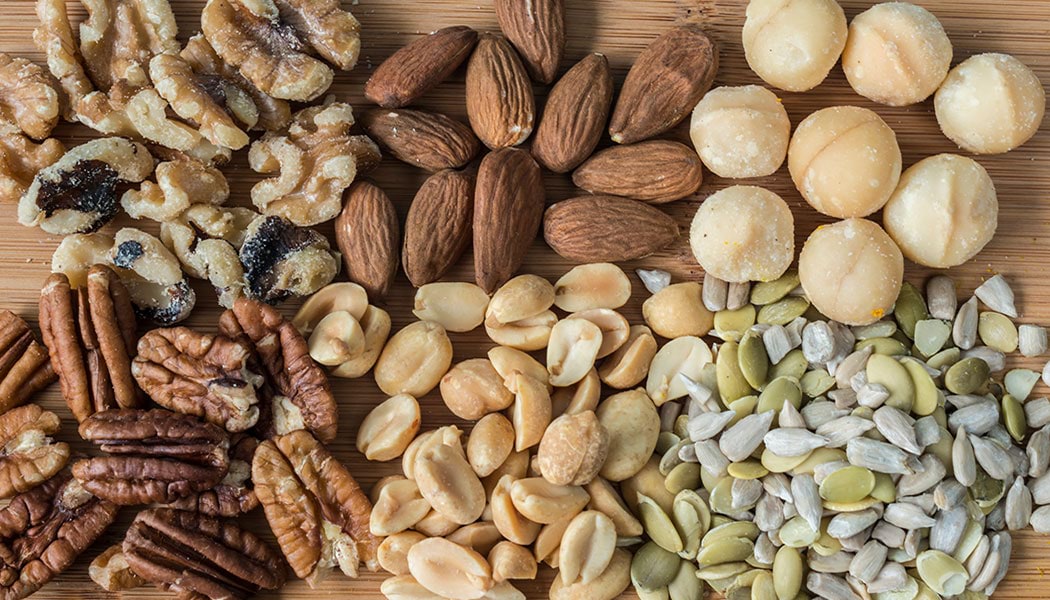
The majority of individuals today sit while learning or working. Taking food consumption seriously aids in adapting our bodies to everyday requirements. Even if you don’t engage in physical exercise, it’s critical to plan a diet that will support brain activity, strengthen cell membranes, and affect general well-being. We’ve compiled a list of the top ten foods that will help you do better on tests in this article.
No. 1 Citrus fruits
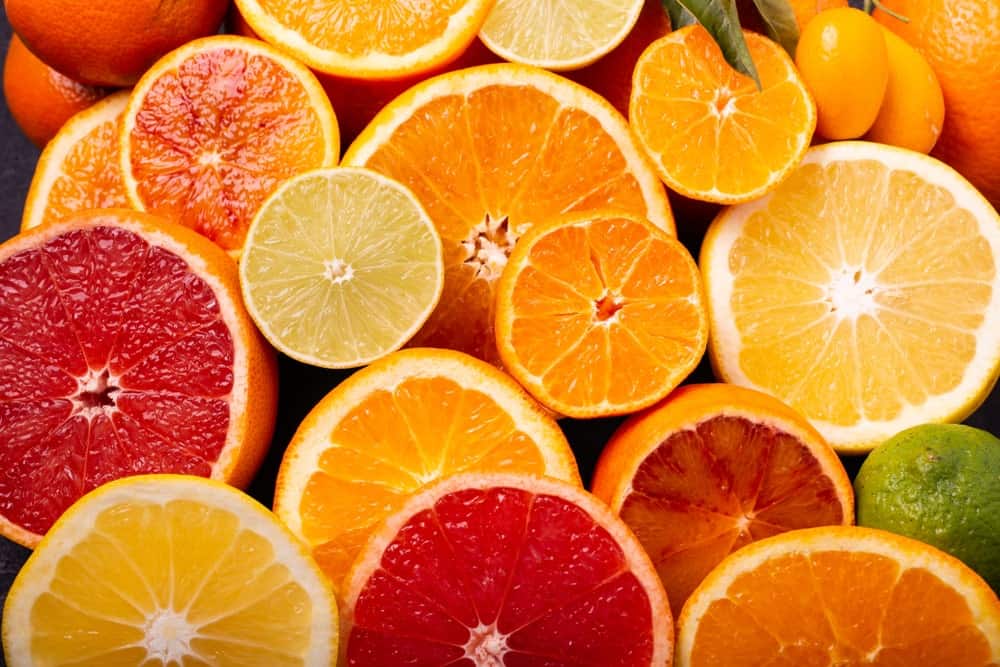
Many children are deficient in essential micronutrients, and citrus is an excellent way to supplement them. When you have depression, these fruits are crucial since natural nutrients like vitamin C, carbs, folate, potassium, and phytochemicals protect you from various psychologically detrimental illnesses. You can drink orange juice, consume grapefruit, or eat a tangerine to improve focus and cognitive performance if you need to compose a complex essay in Google Docs or investigate multiple sources. Citrus juice when taken before an exam can assist in lowering blood pressure and improving study performance.
No. 2 Green leafy vegetables
Cucumber, avocado, broccoli, kale, cilantro, and spinach are examples of green foods that can help lower cholesterol and improve cognition. Green vegetables provide numerous benefits, including vitamin K, vitamin C, and antioxidants, which aid in blood sugar regulation. Because every green product has a significant amount of energy, students should consume at least one of them before their tests. Consuming unpeeled cucumber, for example, helps to freshen your body, keep your organs hydrated, and allows you to prepare for tests efficiently.
No. 3 Nuts
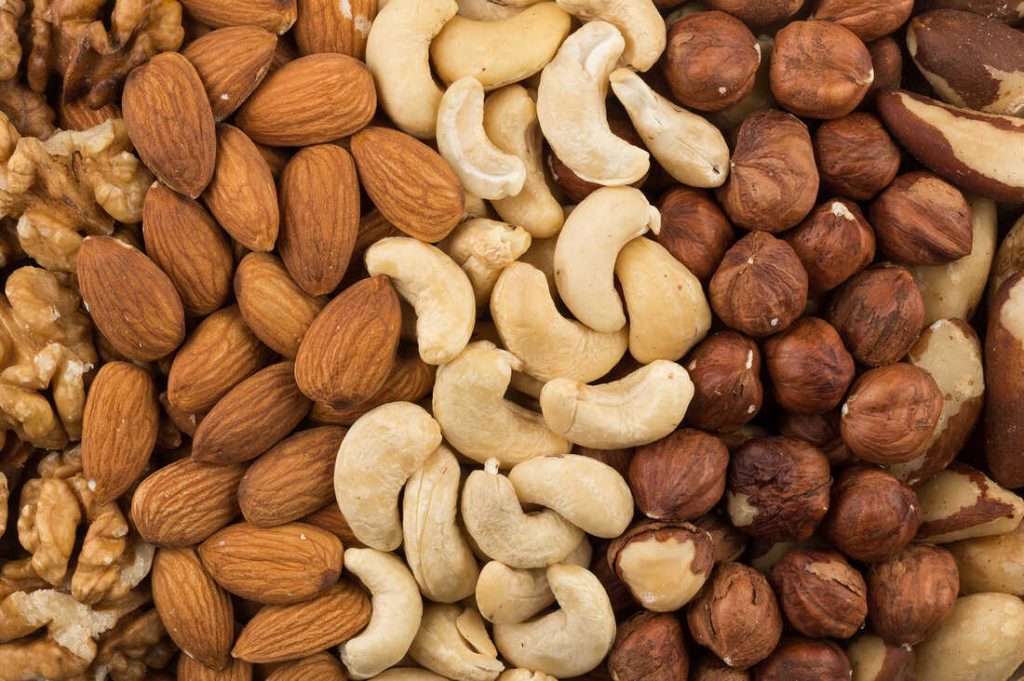
You should consume walnuts before a test if you want to boost your omega-3 fatty acid levels. Fats increase brain function since the brain is 60 percent fat, with 12 percent omega-3. Nuts can help you remember things and keep your body running smoothly. Nuts also protect cells from free radicals and help to avoid neurological disorders. Getting enough vitamin E boosts your immune system and improves blood flow. It assists students in perceiving material more clearly in a class by delivering oxygen to the brain.
No. 4 Blueberries
These berries are delicious in cereal or a smoothie for the morning. Blueberries provide numerous health benefits, with a specific impact on the brain. They deliver anthocyanins, a group of plant components with antioxidant and anti-inflammatory properties, as deep-colored berries. It is critical for students to consume blueberries since it helps prevent brain aging and neurodegenerative illnesses. Antioxidants in blueberries help brain cells communicate more effectively and amass more significant activity. These berries help with memory and prevent short-term memory loss.
No. 5 Pumpkin seeds
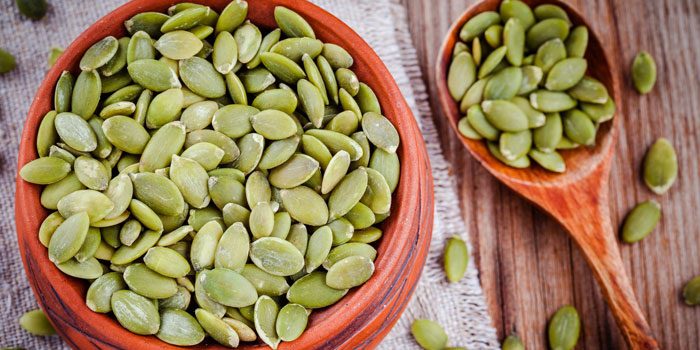
Copper, magnesium, zinc, and iron are all found in abundance in pumpkin seeds. They contain potent antioxidants that protect our bodies from the harmful effects of free radicals. Pumpkin seeds include a variety of minerals that are beneficial to brain function. Copper, for example, aids in the regulation of nerve signals. When copper levels are low, neurological illnesses such as Alzheimer’s are more likely to occur. Magnesium maintains the highest levels of learning activity.
Low magnesium levels have been linked to various neurological conditions, such as memory loss, headaches, epilepsy, and anxiety. Zinc is an essential component of nerve signaling. Zinc deficiency has been linked to various neurological disorders, including depression and Parkinson’s disease. Cognitive fog and poor brain function are common symptoms of iron insufficiency. Pumpkin seeds are high in essential micro nutrients and should be included in your diet.
No. 6 Dark chocolate

Dark chocolate should be consumed at least once a day if you want to be more awake and flexible in your sessions. The single small piece aids in increasing blood flow, stimulating neurons, and the reduction of memory issues. Although the brain may work slower due to oxidative stress, a piece of chocolate containing at least 70% cacao increases blood vessel formation and provides brain plasticity. According to scientific evidence, dark chocolate has a flavoring component necessary for maintaining optimal memory. You can avoid brain disorders and age-related cognitive loss by eating brilliant chocolate.
No. 7 Coffee
Students’ brain function improves dramatically when they drink coffee in the morning, affecting memory and attention. Not only does this drink help you stay awake, but it also helps you concentrate. Coffee lowers tiredness and makes people feel more active by blocking the adenosine component. Complex brain activity is caused by increased brain entropy, which aids pupils in achieving their educational goals. If you’re a lucky student who enjoys coffee, your brain is capable of processing and analyzing massive volumes of data.
No. 8 Consume whole grains
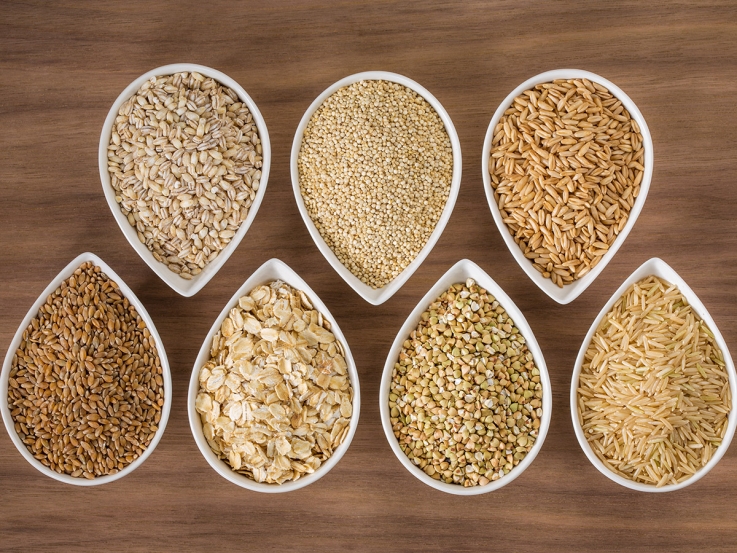
Consider consuming whole grains if you want to reap the benefits of vitamin E. Students can dramatically improve their brain performance by eating these grains high in vitamins. Oatmeal, brown rice, bulgar wheat, barley, whole-grain pasta, and whole-grain bread are examples of whole-grain foods. Please don’t overlook the importance of nutritional elements for your digestive system, which is the most crucial area of our body for absorbing vitamins and minerals.
No. 9 Eggs

We all know how much students enjoy eggs for breakfast, so why not include them as part of your brain food? They provide essential B-complex vitamins such as folic acid, vitamin B-6, and vitamin B-12. B-12 is involved in the synthesis of brain chemicals and the regulation of sugar levels in the brain. When it comes to depression, these vitamins can be a lifesaver. Scientists now believe that group-B vitamins can help to avoid cognitive decline and brain shrinkage. It’s also important to note that egg yolks contain choline, which is crucial for improved memory and mental function.
No. 10 Turmeric
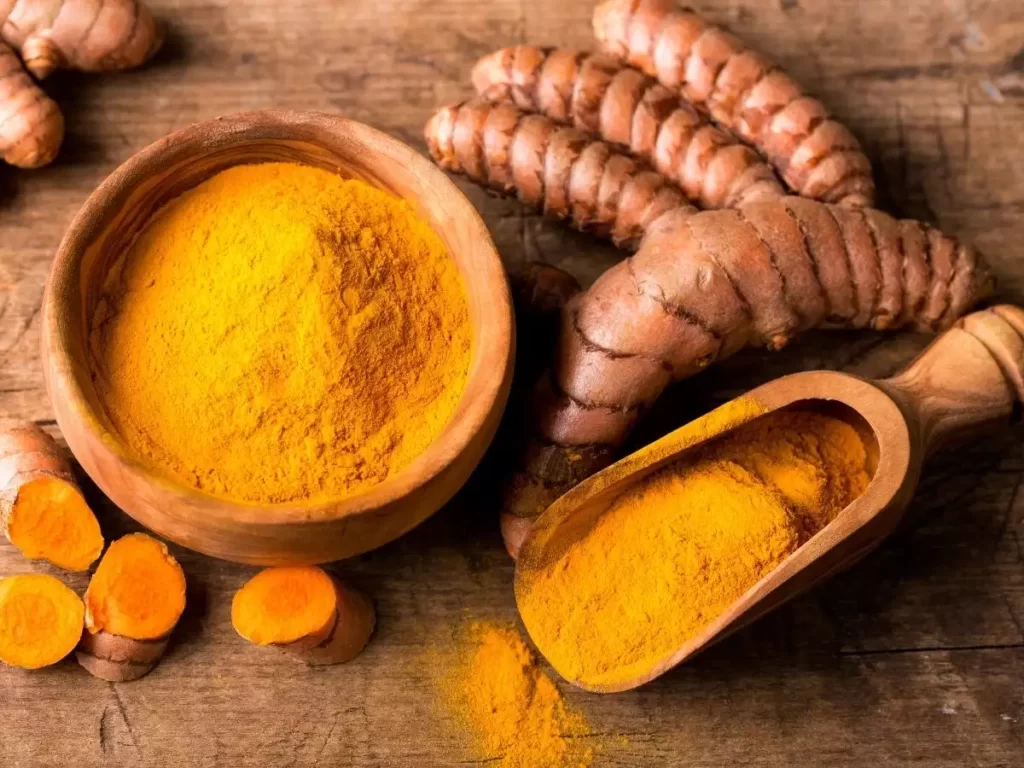
This Indian root’s central element, curcumin, provides joy and contentment. It has enough ingredients to influence dopamine and serotonin hormones in the blood, improving mood and assisting in treating depressive syndromes. Turmeric stimulates the production of brain-derived neurotrophic factors, a type of growth hormone that promotes the growth of brain cells. It can potentially postpone age-related mental decline, assuring students that their brains would remain young for a long time. Turmeric, which contains the antioxidant curcumin, destroys various germs, free radicals, and viral diseases.
Healthy eating habits are essential for academic achievement. These items are necessary for improved memory, mood, and overall well-being. Take these supplements and notice how your results, as well as your physique and health, improve! As a result, a healthy student has a better chance of passing the test quickly.











